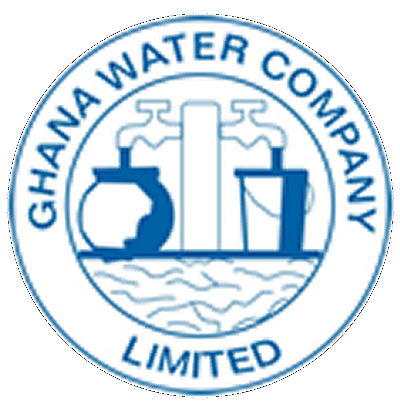The Ghana Water Company Limited in the Ashanti Region has justified the recent upward adjustment in water tariffs, citing the heavy cost of treating water largely due to the impact of illegal mining (galamsey) activities.
The Public Utilities Regulatory Commission (PURC) announced a 4.02% increase in water tariffs for all consumer categories, effective May 1.
Regional Manager of Ghana Water Company Limited in Ashanti, Hanson Mensah-Akutteh, explained that the high cost of water treatment and the challenges posed by ageing infrastructure are key reasons for the new tariff adjustment.
Speaking with David Akuetteh on Luv FM in Kumasi, he emphasised that regardless of water quality, the utility company must meet strict compliance standards.
He noted that treating polluted water requires importing chemicals, which come with high costs, as they are sourced internationally and require foreign capital.
“Currently, most of the revenue we receive goes toward operational costs and fuel for maintenance,” Mensah-Akutteh said. “Our capital costs are difficult to cover, and government subsidies mean we are unable to charge realistic tariffs to fully reflect the cost of production.”
While the recent 4.02% increase helps, Mensah-Akutteh stated that it still doesn’t cover the full cost of treatment. “The government has cushioned consumers with this increase, but it’s still not enough. To fully cover the costs, we would need to increase tariffs beyond what the PURC has approved,” he explained.
He also highlighted that the treatment process often incurs higher costs due to the dynamics of the unit system in place.
“The tariff regime depends on the availability and condition of resources at any given time,” he added.
When asked about alternative water sources, Mensah-Akutteh confirmed that assessments had been made to explore other potential sources for the region.
However, he stated that the Offin River remains the primary and largest water source for Ashanti.
“The Offin River is the saviour of Ashanti. If it is not protected, the entire region will be in trouble,” he warned.
Regarding the state of the Offin River, Mensah-Akutteh revealed that its water quality has deteriorated from “excellent” to “good,” based on assessments.
He explained that the river now falls into the “good” range, indicating an increasing level of pollution, largely due to galamsey activities.
“The pollution levels are rising, and if this continues, the situation could worsen, threatening the region’s water supply,” he cautioned.
DISCLAIMER: The Views, Comments, Opinions, Contributions and Statements made by Readers and Contributors on this platform do not necessarily represent the views or policy of Multimedia Group Limited.

